How To Release a Song as a Total Beginner
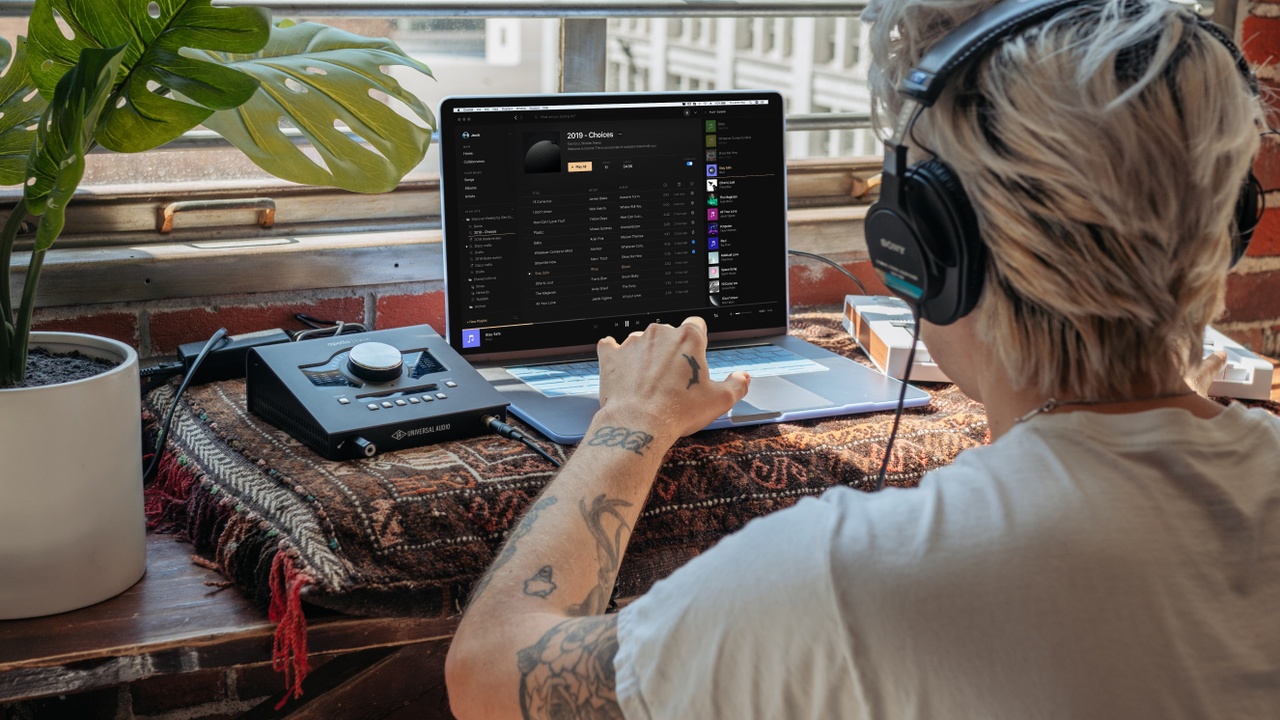
When releasing music and building an independent music career, it's easy to take for granted many of the beginning steps that are actually kinda confusing.
You'll hear things like, "record your first song" or "upload your music so you can share it" — those are good items on a beginner's to-do list, but if you are a total beginner you still might be wondering... how?

That's what I'm hoping to solve in this guide. I want to bring knowledge and total clarity to an artist who is starting from the absolute beginning of their music journey. Perhaps you are someone who took a break from music for many years and now the music industry landscape is totally different. Where to begin? This guide is for you.
Or you might be someone who is recently graduated and you are taking the leap at trying your hand as an independent musician (very brave of you). This guide is so that you can take the correct first steps with your music when starting from zero.
So without further ado, let's dive right in with some practical methods — starting with the things that you should NOT worry about.

The Right Way to Start from Scratch
To reference the title of this article, if you are a total beginner with no music, website or fans then don't sweat. Everyone starts at this point! The goal, however, is to move on from this stage as quickly as possible, and it's equally important to know what not to do when starting out.
Right now, please follow this piece of advice and completely remove these items from your to-do list. You do NOT need to:
-
Get your music on Spotify
-
Find music connections
-
Play big concerts as a touring artist
-
Put t-shirts for sale
-
Make a logo for your "brand"
-
Make a Patreon
-
Collect your music royalties
-
Copyright your songs
-
Hire an expensive music producer
-
Run Facebook Ads or YouTube ads
I repeat—if you are a total beginner with no Music, Website, or Fans then do NOT prioritize anything on the list above. Remove these from your to-do list right now. You will do these things someday! But not now, in fact, you might want to create a new to-do list titled "someday" so you can collect these important tasks and additional goals that are for a future time. This will help give you the separation and self-control to prioritize what actually matters now.

So what should your to do list look like right now as a total beginner? I have figured out the best method to start from scratch, but you have to promise me you will follow these steps exactly. Don't skip ahead or do more than what is suggested! It's very important that you do everything one small step at a time and accomplish these achievable goals. Deal? Okay deal!
Here is my recommended path that I suggest you steal from me immediately and use as your music business plan template for the next 3 months:
Your Business Plan for the Next Three Months
I told you what not to focus on, now let's plan the big 4 items you're going to focus on this quarter. Over the next three months, the goal is to make sure you're building your music career in the right direction. This requires performing little actions (not big ones) to make sure you are on the right path for your music career. This might seem backwards, but trust me. You do not want to make a lot of decisions in the beginning. This is true for all business startups—including an independent artist like you.
Take a small step, listen, and assess. If you have confirmation that you made the right move, then proceed to the next step. This is how successful careers and businesses are formed—and how mistakes are minimized early on when you are still in the "discovery" phase of your music career. Here is your new to-do list:
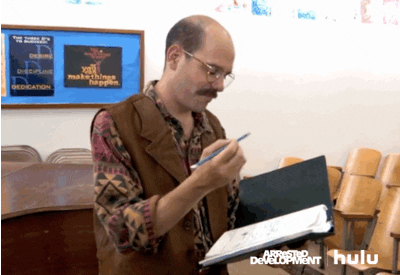
1. Finish Your First Audio Demo
Finish an audio demo of a song that you wrote. Any kind of audio quality will be acceptable here, the important thing is that your creativity and musical skill shine through. You don't need to have access to studios. This could be a voice memo (lower quality) or you can use a free recording software like Garage Band (a great first choice because you can collaborate with real producers who use Logic Pro X).
Remember, this audio demo of your first song does not need to be studio quality. Notice I did not say "hire a producer" or "book studio time" in order to accomplish this. The one important thing that needs to be prioritized at all costs is: make sure this demo is something you are 100% proud of. You will be sharing this with the world in the next step, so do as many "takes" as needed to get something that could "be on American Idol" or whatever your mom says when she likes your singing.
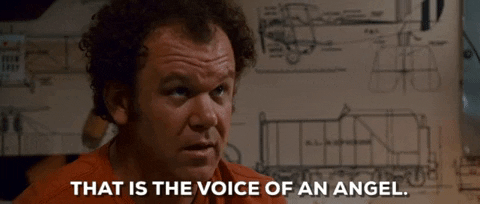
2. Upload Your Demo to a Free Audio Sharing Website (Soundcloud)
Remember when I said that we are going to be taking little actions (not big ones) to be sure that we're building your music career in the right direction? Here is the next little action in our 3-month business plan. You are going to take that demo you recorded in the last step, and upload that demo to a free audio-sharing website (such as Soundcloud). Let me be clear—do NOT upload this song to Spotify, Apple Music, Amazon Music, or any other music streaming service. This would be breaking our agreement we made earlier where you will NOT skip ahead. There is a huge purpose to this step which I will explain now:
1. Soundcloud will allow you to share your song with friends and family and receive feedback on your first recording.
There is an old saying that "all feedback is wrong" and I tend to agree. Nobody will view your art the way that you do and they will comment on your music from a wide range of different viewpoints and experiences. However, I firmly believe that all feedback is useful. When sharing your music with friends and family, take note (without taking to heart) anything that might cause a red flag to go off in your mind.
Do you need to re-record the vocal performance? Maybe. That's okay—that's normal.
Do you need to tune your guitar... or buy a guitar tuner for that matter? Definitely.
2. Soundcloud can eventually become your distributor to Spotify, Apple Music, and more.
Do not do this yet, but Soundcloud does have an option to distribute your music to all the major streaming platforms. This is yet another reason why I think it's a great option for beginners. That service is called Soundcloud Repost and it is a fantastic way to get your fully produced, mixed, and mastered music out to the masses.
This will be ready for you later this year, not now. Don't skip ahead (remember the deal)!
3. Soundcloud will give you a place to build the foundations of your artist brand.
Right now I'm guessing that when I say "artist brand" you're scratching your head. That's totally okay. Branding is an extremely complicated process that will take many hours of work and years of thought to develop. Luckily, with Soundcloud, you can get a bit of a head start. Here are some of the things you'll want to work on to build your Soundcloud profile (and your artist brand):
-
A professional artist photo (from a real camera, not your cell phone)
-
A first draft of your album artwork for you demo song
-
Your lyrics typed up in the proper format
-
Your artist bio written by you (or someone else)
-
Your social media links
Once you have these things completed, this will give you a fantastic start to building the corners of your artist brand. Your Soundcloud profile can also act as a beta version of your future website and be the "hub" that you share with people who are interested in your music.
3. Start Storytelling on Your Favorite Social Media Platforms
You've already shared your music demo with your friends and family by sharing your Soundcloud link and hopefully have received helpful feedback. By now you should have taken that feedback and refined your demo (re-recording parts if needed) and built the very beginnings of your artist brand by completing most elements of your Soundcloud profile. Now, it's time to take everything that you've worked on so far and make it public on social media—through storytelling.
Storytelling is the best way to market your music and inspire people to pay attention to you without sounding forced or "salesy". There are powerful storytelling techniques that I teach inside the Music Selling Through Storytelling (30 Day Challenge) available here at the Indie Music Academy website (I highly recommend you attend that training at this stage of your career in music) but I'll leave you with some select frameworks of this marketing strategy that can get you started right now:
1. Share stories often, share your music occasionally.
This might seem backwards, but before a social media follower will care enough to click on your Soundcloud link, you need to build enough of a relationship where they start caring about you as an artist. The goal is to make them think "hey I wonder what Ryan has been up to with his music" so that when you do eventually share that link, they are craving the content on the other side of the click.
2. Try out the "hourglass content structure" when you are promoting a link.
The hourglass content structure is an advanced technique that I share inside the MSTS (Music Selling Through Storytelling) course. I can't cover the whole thing in this short blog post, but here is the basic idea: relate your story to something that is currently happening in your music career, and then let the link click be the "next logical step."
When you do this, you are creating what is called an "open loop" in a follower's mind. The story is used to draw them into your world and make them curious (opening the loop). Once a loop is open, they will naturally want to get the end of the story and "close the loop". This is when we start to use proven marketing principles based on human psychology—all of this is taught in MSTS.
Click here to check out Music Selling Through Storytelling
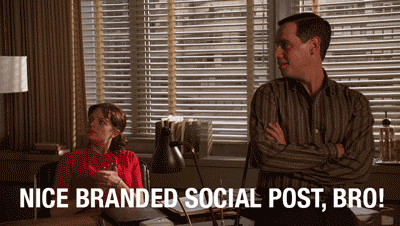
3. Use the best social media platforms (not all platforms are created equal)
When it comes to telling stories, sharing links, and building your audience, not all platforms are created equal. For example, Twitter limits the amount of characters you can type in a post—not ideal. Facebook and Instagram are better options in this regard simply because of this limitation. You'll also want the ability to share a variety of content including images, video clips, and (of course) your Soundcloud link. If you don't know where to begin, Facebook is the most versatile place to begin sharing—and odds are you already have a profile set up. Don't over-complicate things. Start sharing your stories and we can always add more social media platforms to your music ecosystem as you hone your skills and get in your storytelling groove!
Okay once you are starting to engage with new people on social media and share your Soundcloud link, you'll need to level-up your audience communication strategy to build longevity in your music career. Don't skip this 4th and final step in the business plan—it is arguably the most important step you'll ever take.
4. Create a Free "Fan Magnet" so you can start building your music mailing list
There is already much to do on your "music to-do list" and hopefully you are now understanding the wisdom of keeping your tasks limited to the four presented in this beginner's music business plan! The fourth and final task is to create your free product—I call these freebies a "Fan Magnet."
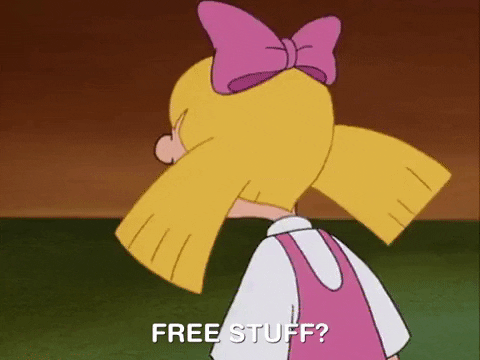
A Fan Magnet is crucial for building longevity in your music career and marketing efforts because social media platforms come and go over time (we've seen this historically with Myspace, Vine, Friendster, Google Plus, and more dinosaur social apps). We don't want to tie your music career to something that will inevitably go extinct! The plan is to use these platforms now, to build your mailing list for the future.
Fan Magnets are the tool that you will use to build that list.
How does a Fan Magnet Work? A Fan Magnet must:
-
Cost $0 and be a no-brainer & enticing offer
-
Result in a new email subscriber (this is non-negotiable)
-
Be delivered using your Email List Management Software (more on this inside Indie Basic Training)
-
Immediately send a "Welcome Email" to the new subscriber
-
Must offer cohesion with your future product line for these potential customers
Final thoughts on success in the music business
This marketing plan for "beginners" as you can tell is still extremely involved. I didn't hold back! And because of this I want to make sure you're not overwhelmed because overwhelm is the biggest barrier to success.
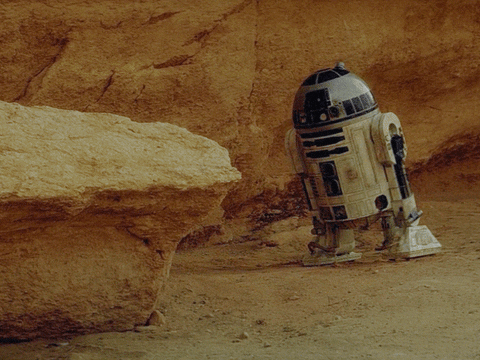
So I know this step #4 might be a little advanced (which is totally okay because you are still just starting out) so that's why I recommend completing tasks 1-3 completely before even starting to build your first Fan Magnet. That way you have some quick forward movement with your music career! And you can be building your audience while developing your first free product.
Until then, I wish you the best of luck as you tackle this music business plan for total beginners! This will give you the foundation for building your music career the right way. If you ever need any help, you can always reach out to me by replying to one of my emails that I send out to my list of students.

Not on the list yet? You can become a student for free by joining our free music marketing workshop! This puts you directly in touch with myself and the rest of the Indie Music Academy team.
It's completely free to join with no strings attached (other than me sending you helpful coaching via email)!
Here's the link to sign up and get the free training today >>> Join the Indie Music Academy for Free
I'll see you there!




